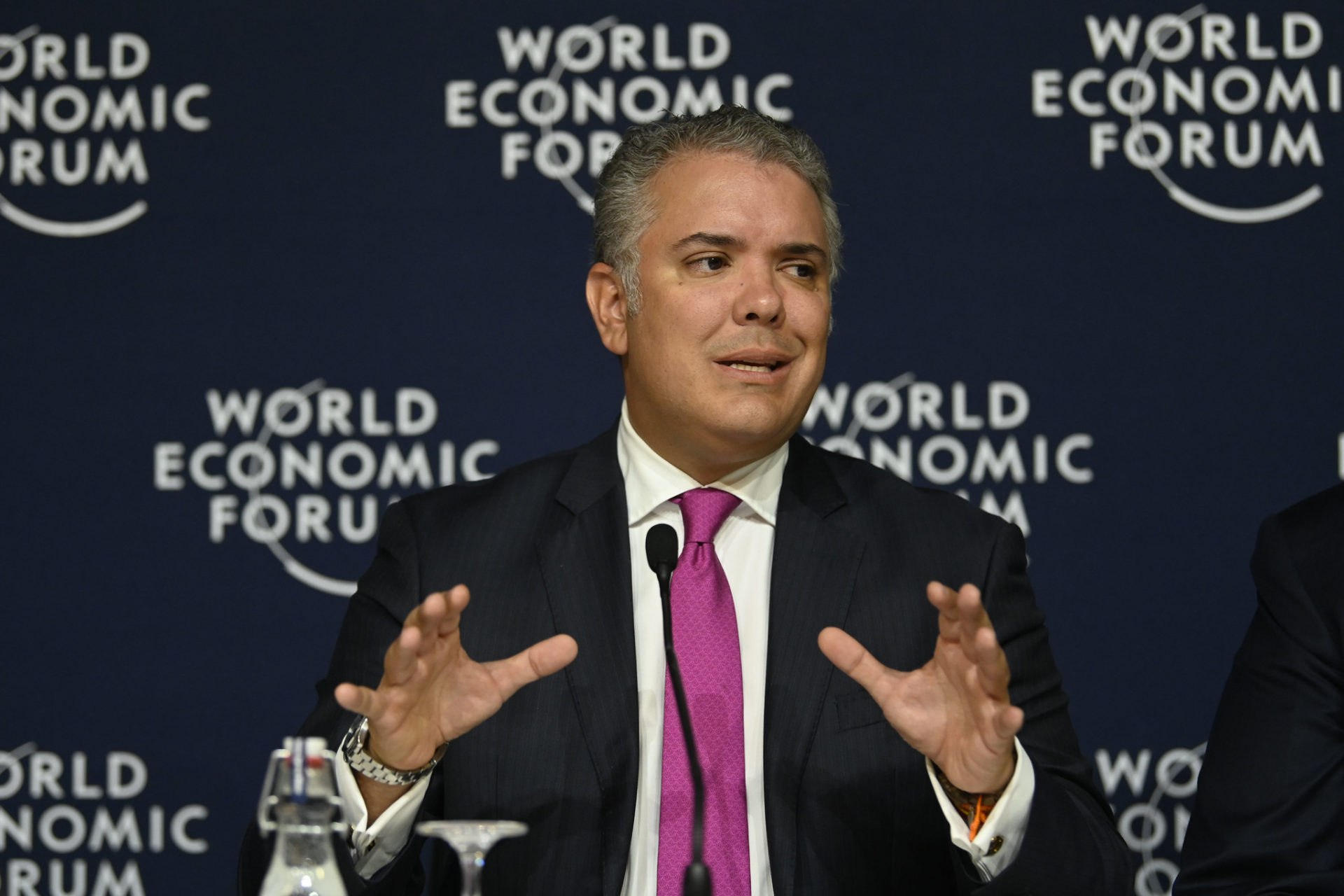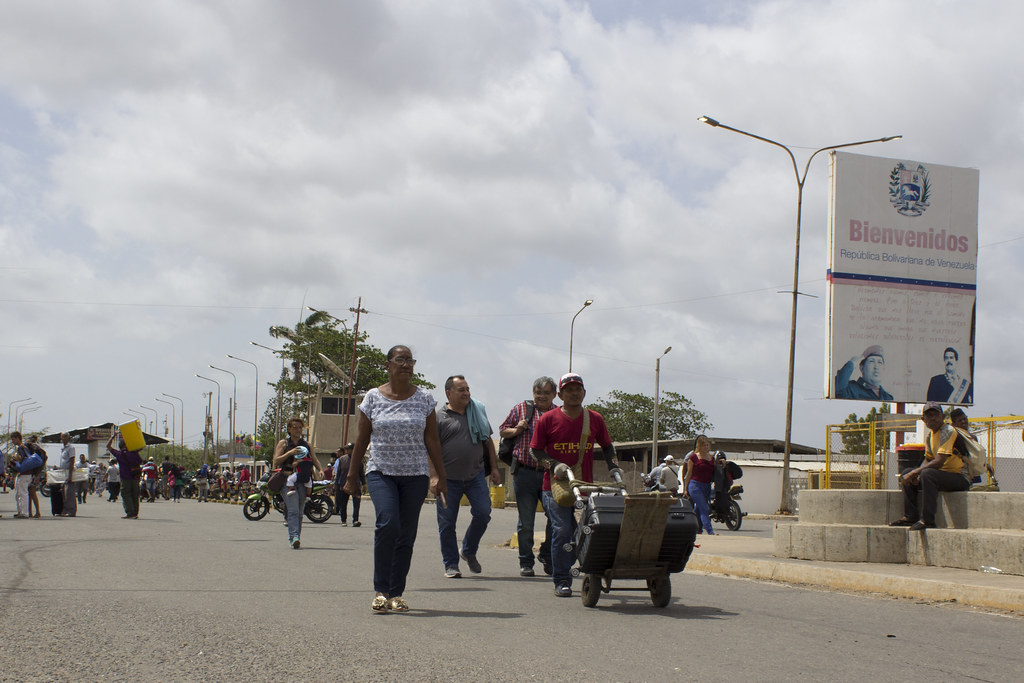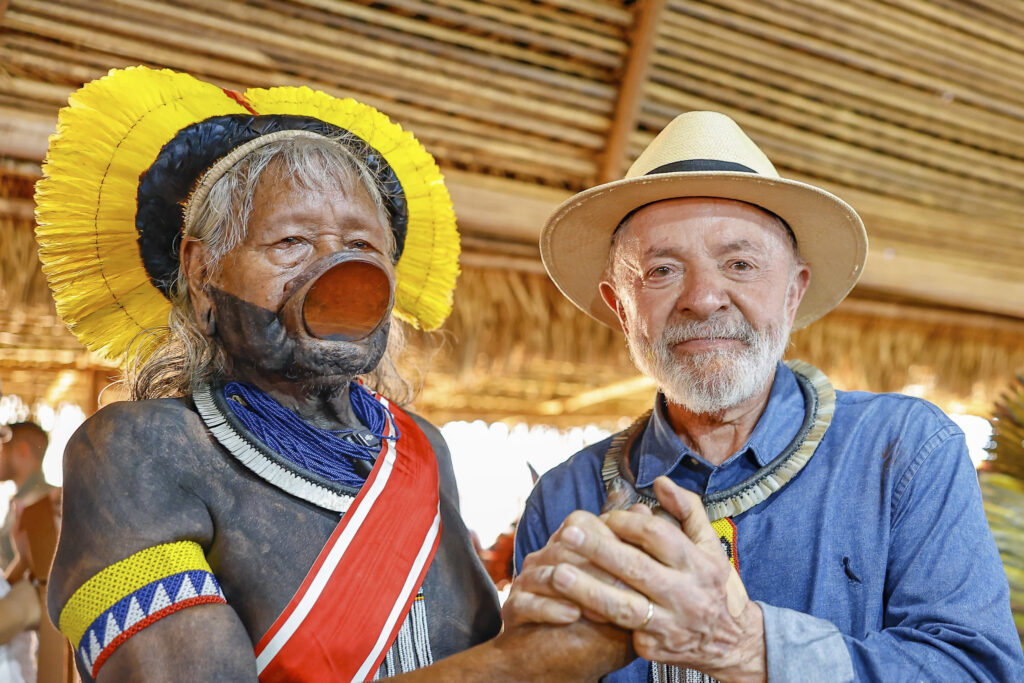Colombian President Iván Duque has repeatedly said during his time in office that he wants the Adean country to be known as the Silicon Valley of Latin America.
Often pointing to the success of a unicorn startup like Rappi, the popular food delivery app now valued at more than $3.5 billion, Duque has made it clear he is all in on tech to provide the economic boost he’s promised ever since coming into office in 2018.
But will it be enough in a country where nearly one in every five people are without jobs?
The Duque government has promised long-term tax breaks for the tech sector in an effort to incentivize companies to grow and make more hires. Two months ago, Duque presented the ICT Mission 2022 which aims to give programming training to 100,000 Colombians over the course of the next two years.
“We are proposing to train 100,000 programmers by 2022, who will have the ability to participate in projects of artificial intelligence, cloud computing, Internet of Things, robotics and also the integrated management of relational databases – all linked to a digital economy process that is growing exponentially in the world,” Duque said in August when announcing the program.
As part of this tech-centric effort, the Colombian government has also focused on the public sector where it has put an emphasis on the digitization of public information, court records, and medical documents, among other areas. The recently released Digital Government Index from the intergovernmental Organization for Economic Co-operation and Development (OCED) ranks Colombia third in digital progress of the public sector among a group of three dozen countries.
Colombia also has plans to provide Internet access to more marginalized communities and bring the country’s connectivity up to speed. Duque said recently he aims to have 70 percent of the country with high-speed Internet by 2022.
Skeptics have a right to be concerned, though, as Duque’s promises of an “orange economy” – in which tech and startups fall into – have yielded few visible results so far. In fact, Colombia’s economy that was making little progress the past two years is now expected to contract as much as 8 percent this year due to the pandemic.
An estimated 6 million more Colombians are expected to fall into poverty as a result, according to the Bogotá-based nonprofit Fedesarrollo.
But that has not stopped an increasingly unpopular Duque administration from insisting that tech will be what brings the Colombian economy back.
“Colombia will be working very hard to meet the goal of being conceived as a Silicon Valley in Latin America, and a start-up nation,” Duque said again this week at the World Economic Forum’s Great Reset meeting.











